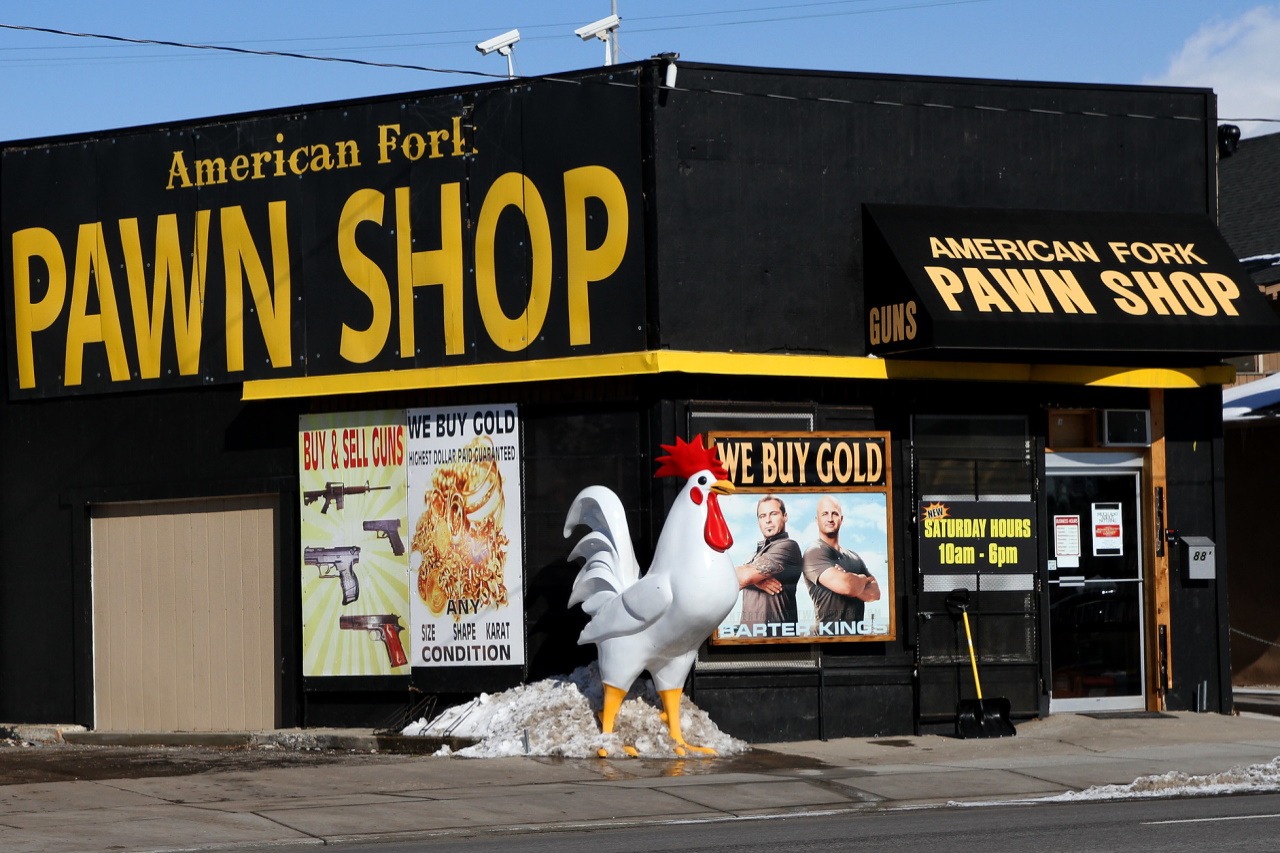Amos 8: 4-7; Psalm 113; 1 Timothy 2: 1-8 (RM) or 1-7 (RCL); Luke 16: 1-13 or 10-13 (RM) or 1-13 (RCL)
Well now we’ve seen everything. The Bible advocating sleazy business practices. If we’re already feeling disoriented from hearing politicians tell outright lies, pursue policies that favour the wealthy, and build self-serving false constructs of reality, what are we supposed to do with a story that has Jesus praising a dishonest business manager?
There’s a lot going on here, and the primary reason is that the Lukan author did not edit the source material very well. Luke switches abruptly to depict Jesus suddenly addressing his disciples and not the Pharisees, and at the end Luke tacks on a set of random sayings that don’t connect smoothly with the point of the story – whatever the point may have been. Luke needed a sharp-eyed editor. And maybe a coffee.
Let’s start with the manager. It makes a big difference if the manager was a free person or an enslaved person, and Luke doesn’t say. This story follows directly after that of the Prodigal Son, and if there’s an implied link, one can imagine that a patriarch might manage to forgive a son, probably after a virulent family argument. If the manager were a free man, he would have had more options than simply manual labour. But, if he were known to have falsified invoices, who would have hired him? Word gets around.
It makes more sense to assume that the manager was an enslaved person, a situation that not only narrowed his options but implies that he acted with an offbeat sort of integrity. The Torah forbade charging interest on loans because it exploited vulnerable and impoverished people, as did shorting the measure of commodities, and selling desperate debtors into servitude, a point illustrated by the first reading from Amos. Jesus’ audience would have known that. They would also have known that such a transaction would have included, not merely the price of the goods, but a hefty surcharge and, in the case of delayed payment, exorbitant interest, a bit like payday loans today.
In this case, the manager was devising and carrying out an underhanded work of restoring justice – and not only that, he was making his boss’ debtors complicit in the act! So there was an odd sort of virtue in the act of telling the debtors to sit down and rewrite their own invoices so as to eliminate the predatory overcharges. The manager had them refusing exploitation. How clever.
The manager, probably himself an enslaved person, managed to beat the system, and bring along those who were most in danger of penury and the threat that they themselves and their families would be sold into slavery to pay the debt.
The manager was making, as the Garth Brooks song goes, friends in low places. But for the Gospel message, those are the friends closest to God. The act of making justice counts, and the dignity of those persons counts. God, after all, is close to the brokenhearted.
So – which unjust systems are we called to undermine today?
How shall we rewrite abusive texts that claim regulatory power over us?
Who are the friends in low places that we are called to raise up?
© Susan K. Roll
Title Photo: Pawn Shop With Chicken ©arbyreed, 2016, obtained via Flickr. Some rights reserved.
License details: Attribution 2.0 Generic (CC BY 2.0)
Susan Roll retired from the Faculty of Theology at Saint Paul University, Ottawa, in 2018, where she served as Director of the Sophia Research Centre. Her research and publications are centred in the fields of liturgy, sacraments, and feminist theology. She holds a Ph.D. from the Catholic University of Leuven (Louvain), Belgium, and has been involved with international academic societies in liturgy and theology, as well as university chaplaincy, Indigenous ministry and church reform projects.





Thank you for “filling in” some of the gaps in this text. And for demonstrating how Luke needed a good editor!!
I find your three closing questions very challenging. They illuminate paths into the future.
My “friends in low places” also raise me up – the dynamism is in our mutuality.